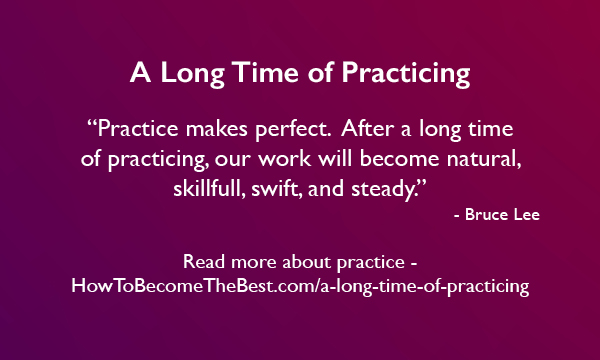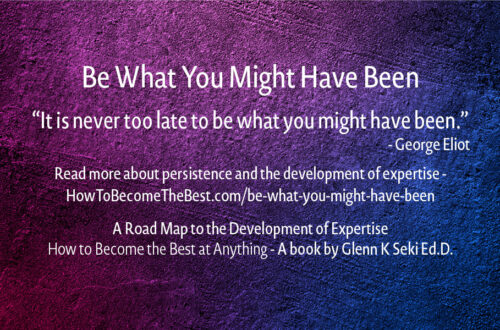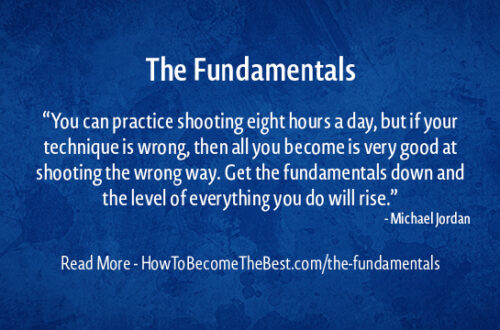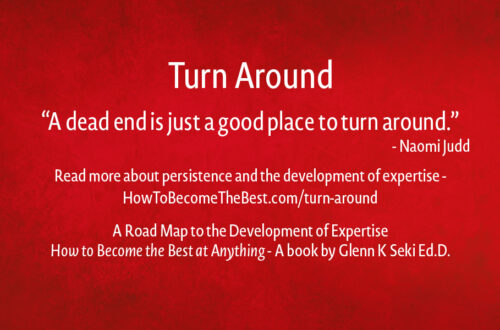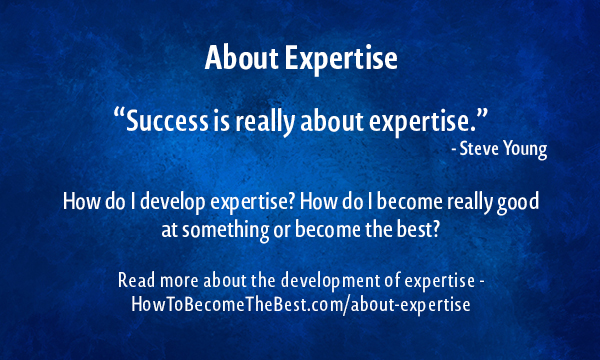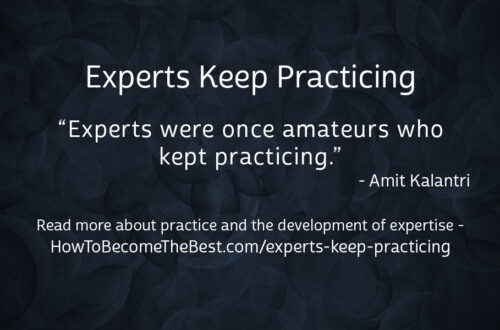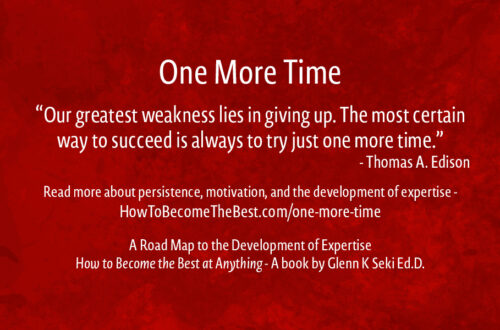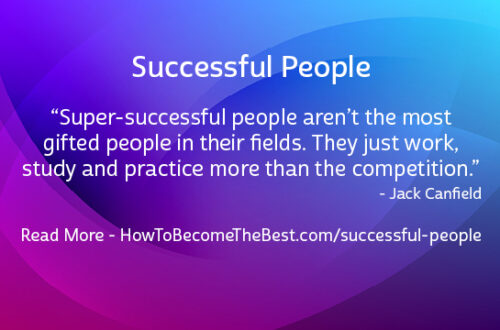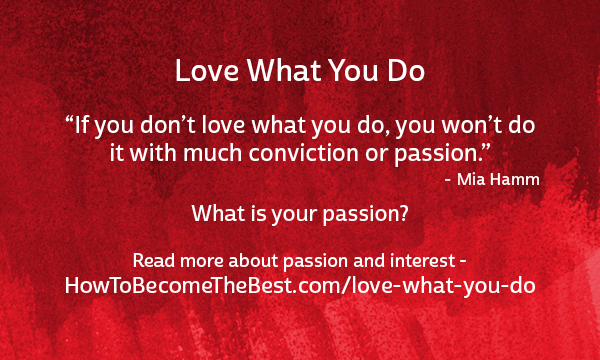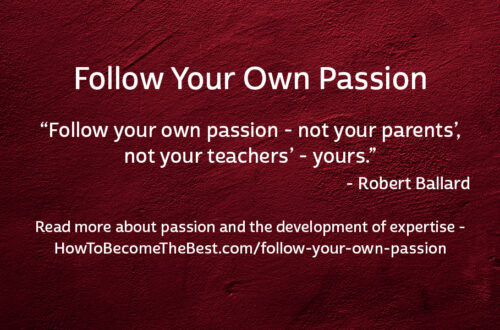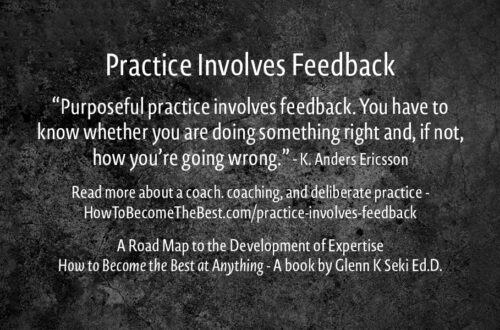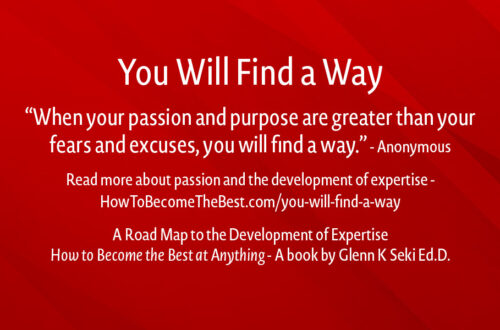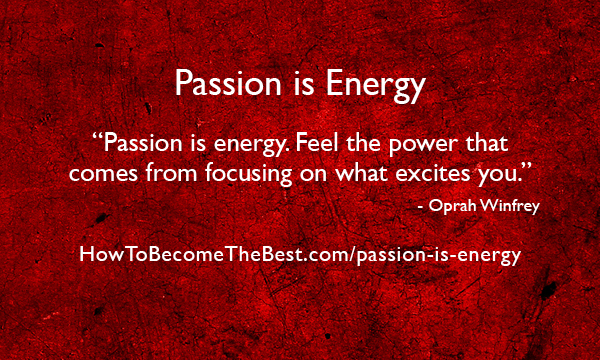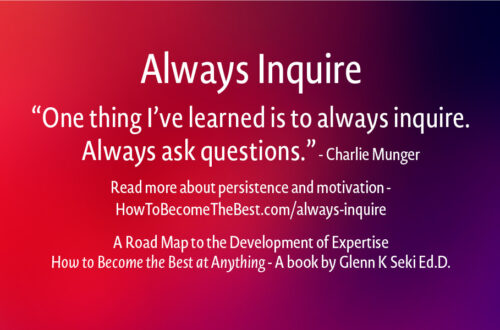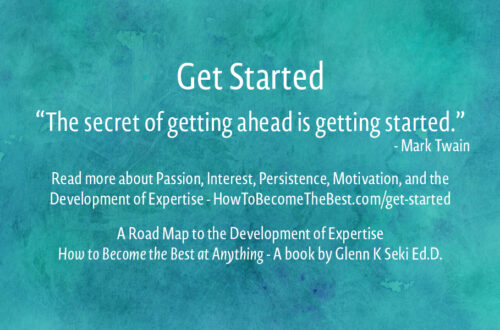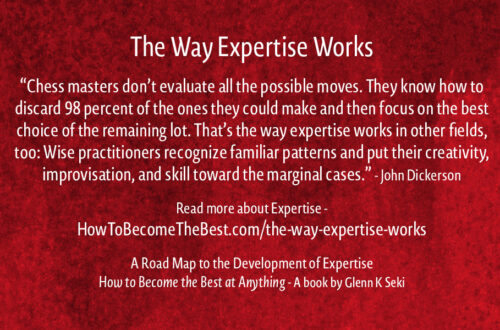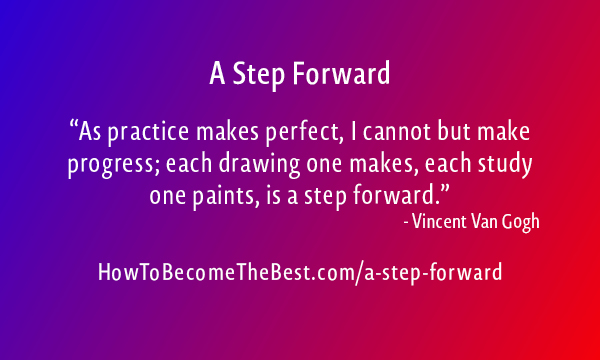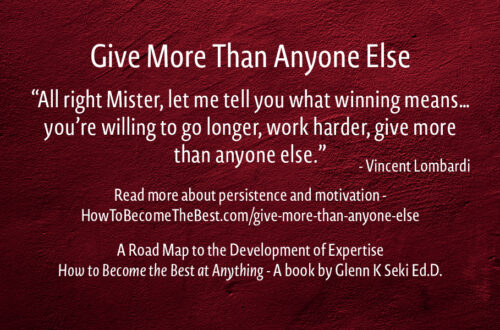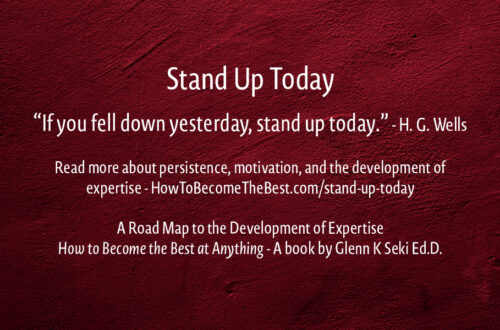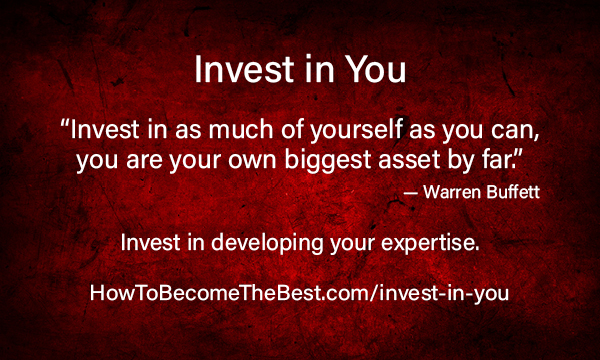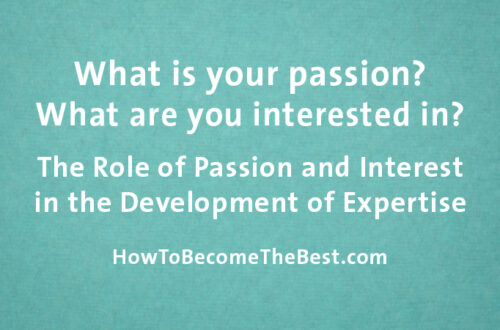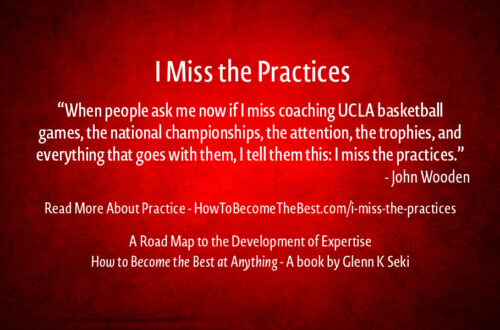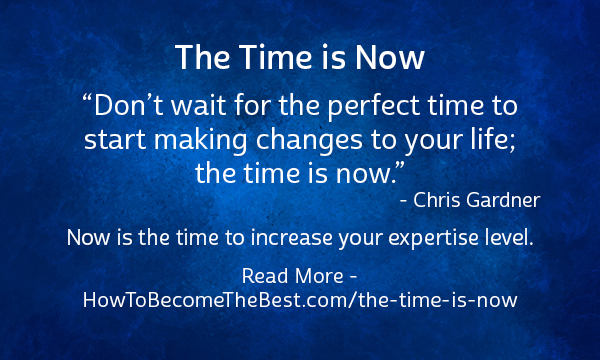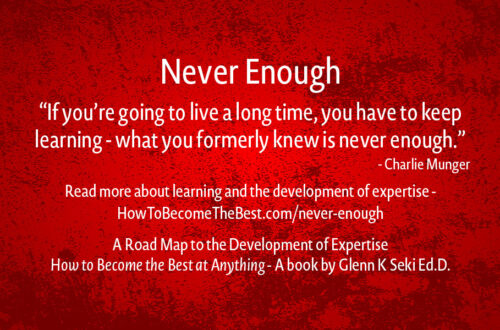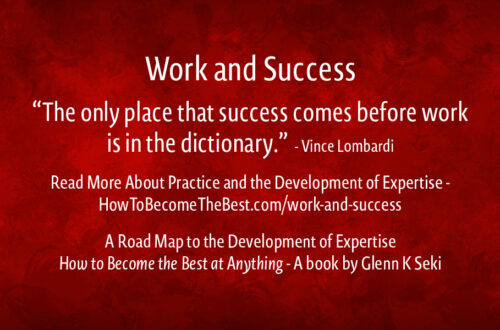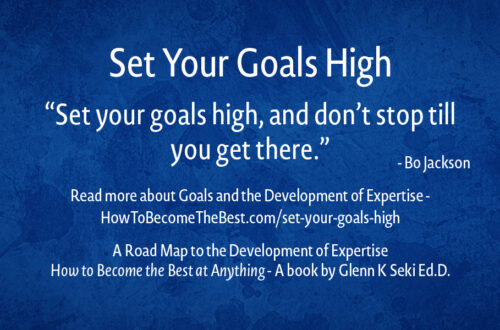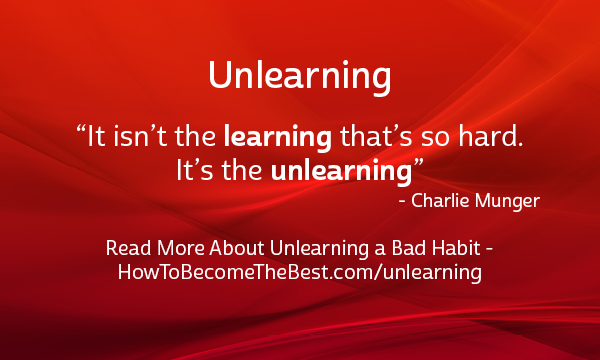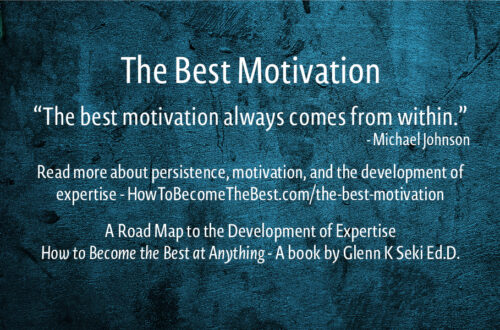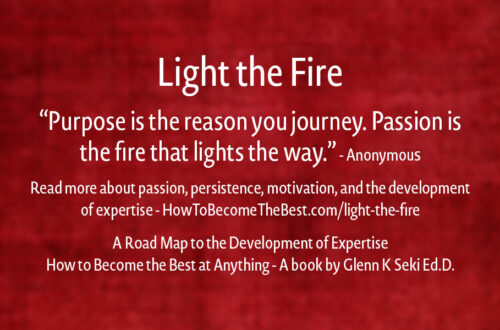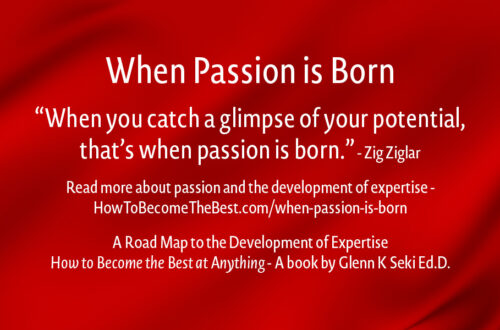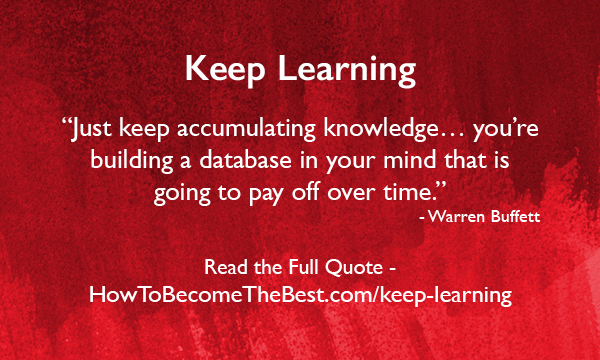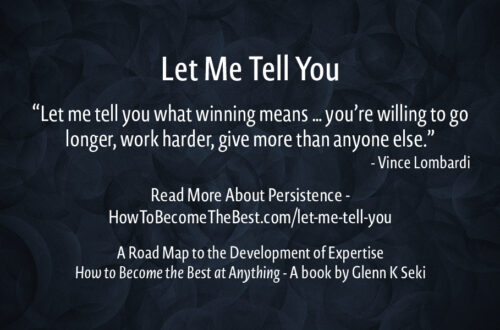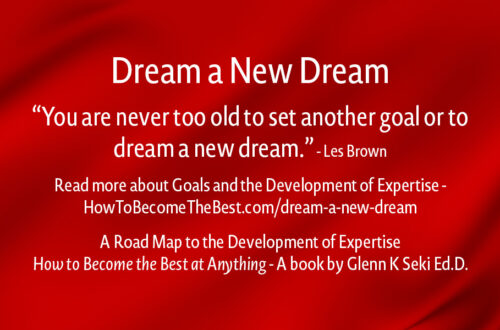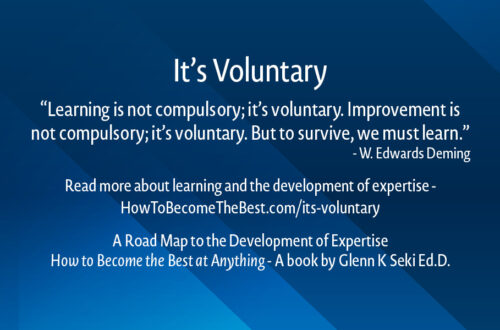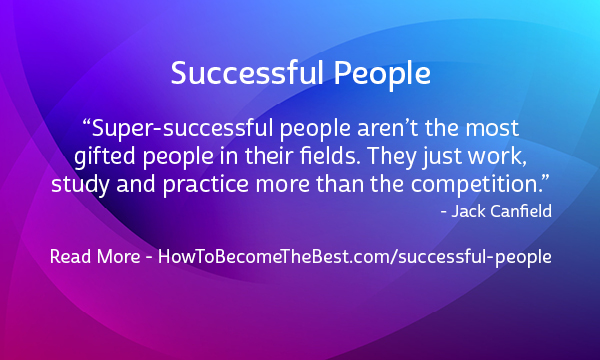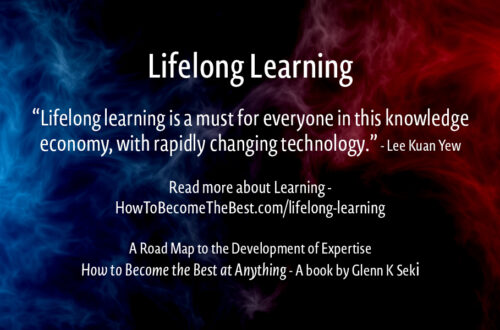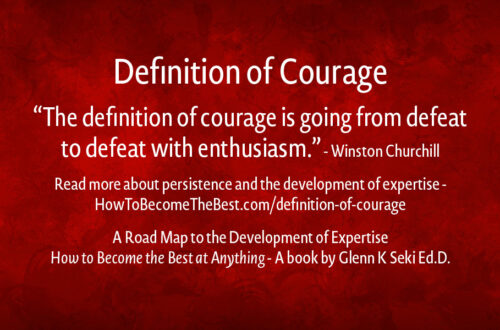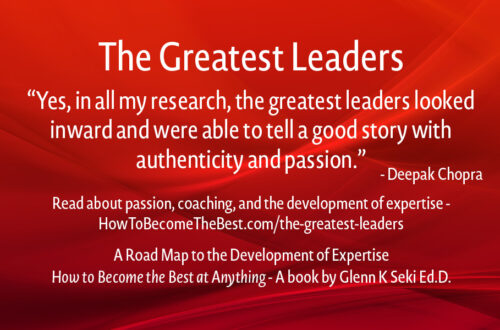“Practice makes perfect. After a long time of practicing, our work will become natural, skillfull, swift, and steady.” – Bruce Lee *** An excerpt from How To Become The Best at Anything, Chapter 8, Deliberate Practice and Learning “To become the best takes practice, lots and lots of practice. I have mentioned the 10,000-hour rule. It takes about 10,000 hours of practice to get really good at something and not just any type of practice, but deliberate practice. Deliberate practice is practicing to get better. The classic example is a man who has gone golfing almost every weekend for the past twenty years. He has a great interest in the…
-
-
About Expertise
“Success is really about expertise.” – Steve Young How do I develop expertise? How do I become really good at something or become the best? First you need to have a passion or an interest in what you want to develop expertise. *** An excerpt from How To Become The Best at Anything, Chapter 1, Passion and Interest “What is your passion? What are you passionate about? Are you passionate about a sport, say basketball, or surfing? Tennis anyone? How about art, or music. Perhaps you’re zeroed in on an academic field such as biology, or economics. Maybe you have a passion for exploring, with an eye on the Himalayas.…
-
Love What You Do
“If you don’t love what you do, you won’t do it with much conviction or passion.” – Mia Hamm *** An excerpt from How To Become The Best at Anything, Chapter 1, Passion and Interest “What is your passion? What are you passionate about? Are you passionate about a sport, say basketball, or surfing? Tennis anyone? How about art, or music. Perhaps you’re zeroed in on an academic field such as biology, or economics. Maybe you have a passion for exploring, with an eye on the Himalayas. Don’t have a passion, then what are you interested in? Interest and achievement go hand in hand. It is easier to achieve in…
-
Passion is Energy
“Passion is energy. Feel the power that comes from focusing on what excites you.” – Oprah Winfrey *** An excerpt from How To Become The Best at Anything, Chapter 1, Passion and Interest “What is your passion? What are you passionate about? Are you passionate about a sport, say basketball, or surfing? Tennis anyone? How about art, or music. Perhaps you’re zeroed in on an academic field such as biology, or economics. Maybe you have a passion for exploring, with an eye on the Himalayas. Don’t have a passion, then what are you interested in? Interest and achievement go hand in hand. It is easier to achieve in a domain…
-
A Step Forward
“As practice makes perfect, I cannot but make progress; each drawing one makes, each study one paints, is a step forward.” – Vincent Van Gogh *** An excerpt from How To Become The Best at Anything, Chapter 8, Deliberate Practice and Learning “To become the best takes practice, lots and lots of practice. I have mentioned the 10,000-hour rule. It takes about 10,000 hours of practice to get really good at something and not just any type of practice, but deliberate practice. Deliberate practice is practicing to get better. The classic example is a man who has gone golfing almost every weekend for the past twenty years. He has a…
-
Invest in You
“Invest in as much of yourself as you can, you are your own biggest asset by far.” — Warren Buffett *** Invest in developing your expertise. An excerpt from How To Become The Best at Anything, Introduction What the Book is About This book is for anyone who wants to get really good at something or even become one of the best at anything. It’s about how to develop expertise in any area or domain: the conditions that have to be met, the steps you have to take, the things you have to do, and what to expect on your path to becoming an expert. The path it takes to…
-
The Time is Now
The Time is Now “Don’t wait for the perfect time to start making changes to your life; the time is now.” – Chris Gardner Now is the time to increase your expertise level. *** An excerpt from How To Become The Best at Anything, Introduction What the Book is About This book is for anyone who wants to get really good at something or even become one of the best at anything. It’s about how to develop expertise in any area or domain: the conditions that have to be met, the steps you have to take, the things you have to do, and what to expect on your path to…
-
Unlearning
“It isn’t the learning that’s so hard. It’s the unlearning” – Charlie Munger If you learn something incorrectly and it becomes automated, it becomes a bad habit, and it is very hard to unlearn. *** An excerpt from How To Become The Best at Anything, Chapter 8 – Deliberate Practice and Learning Automaticity Deliberate practice results in the automation of a sequence of steps. It is automated so you don’t have to consciously think about it while you are doing it, you just do it. Some people call this “muscle memory.” I don’t like this term since muscles have no memory. Repeat after me, “muscles have no memory.” This automated sequence…
-
Keep Learning
“Just keep accumulating knowledge. That’s one of the beauties of the business that Charlie and I are in, is that everything is cumulative. The stuff I learned when I was 20 is useful today. Not in necessarily the same way and not necessarily every day. But it’s useful. So you’re building a database in your mind that is going to pay off over time.” – Warren Buffett *** One of the greatest secrets to Warren Buffett’s success is that he is continuously learning. Charlie Munger, the vice chairman of Buffett’s Berkshire Hathaway Corporation, once said this about his legendary colleague: “Warren Buffett has become one hell of a lot better investor…
-
Successful People
“Super-successful people aren’t the most gifted people in their fields. They just work, study and practice more than the competition.” – Jack Canfield *** An excerpt from How To Become The Best at Anything, Chapter 8 – Deliberate Practice and Learning “To become the best takes practice, lots and lots of practice. It takes about 10,000 hours of practice to get really good at something and not just any type of practice, deliberate practice. Deliberate practice is practicing at getting better every time you practice. Note: The number of hours you will need to practice from the start of your journey may vary depending on the area/domain and how much…
